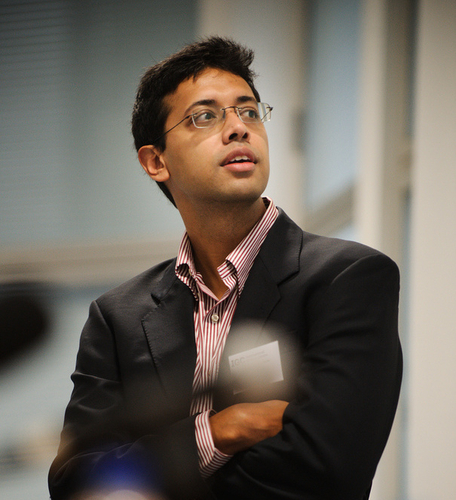The following article written by Ahmed Mushfiq Mobarak, economics professor at Yale University and director of the Yale Research Initiative on Innovation and Scale at the MacMillan Center, and Zachary Barnett-Howell, a postdoctoral scholar at the Yale Research Initiative on Innovation and Scale, appeared in Foreign Policy on April 10, 2020.
In response to the coronavirus pandemic, varying levels of social distancing have been implemented around the world, including in China, Europe, and much of the United States. Hundreds of millions of people have accepted dramatic disruptions to their daily lives and substantial economic losses based on the reasoning that slowing the spread of the coronavirus can keep health care systems from becoming overwhelmed.
Epidemiological models make clear that the cost of not intervening in rich countries would be in the hundreds of thousands to millions dead, an outcome far worse than the deepest economic recession imaginable. In other words, social distancing interventions and aggressive suppression, even with their associated economic costs, are overwhelmingly justified in high-income societies.


